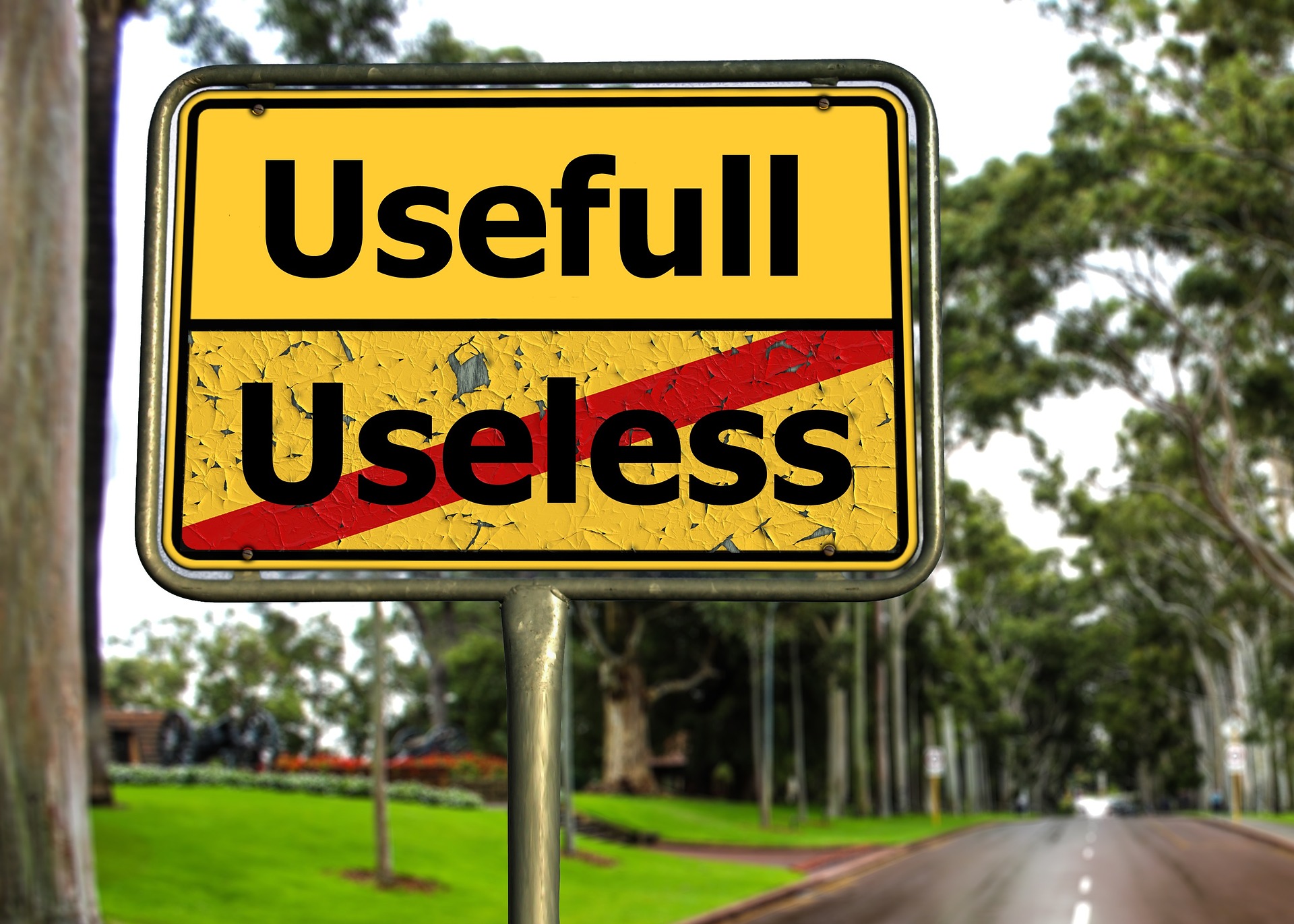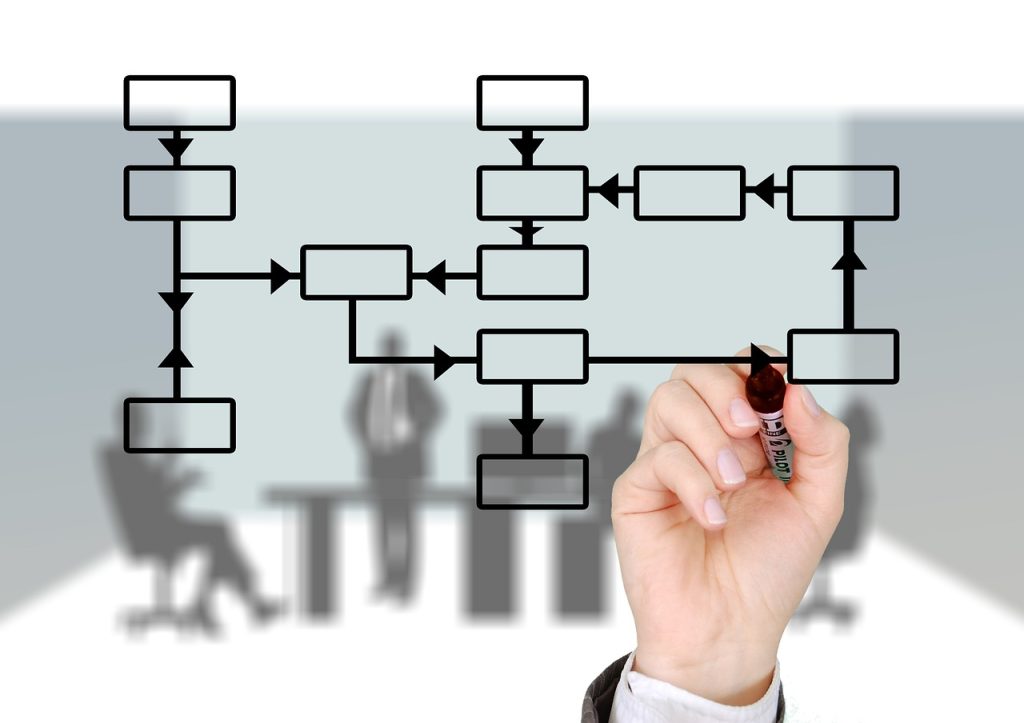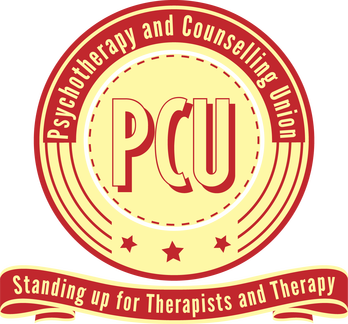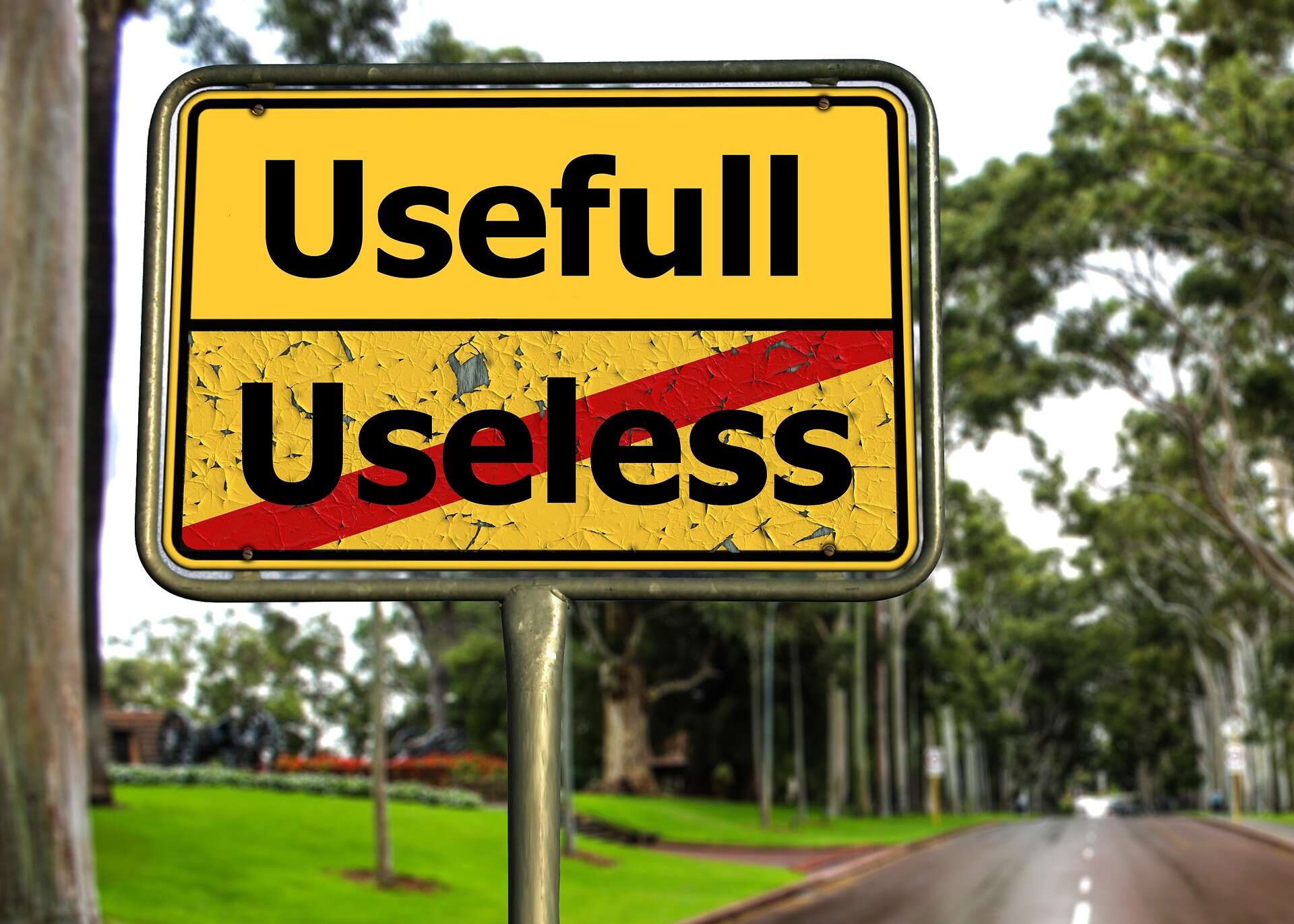
Why Couple Counselling Doesn't Work… (sometimes!)
You hope that counselling will help, but it doesn't work. Why might this be?The Top 15 Reasons why Couple Counselling Fails to Help. Counselling for couples, throuples and group relationships is a cooperative process, not a prescribed operation. However, partners who attend counselling may find this discovering difficult, holding onto fantasies of the therapist resolving their relationship problems for them. Some clients can become disappointed with this discovery. Difficulties arise when expectations and/or behaviour cannot - or will not - align with the therapeutic help available...The First Problem: “we weren’t expecting this”
You’re thinking about couple counselling, but you heard someone once say how it didn’t work for them. Does this mean couple counselling won’t work for you? Let’s take a look at why some say counselling fails.
Firstly, let me put a thought into your mind… you’ve been to your GP/local doctor at some point in your life, right? We know the process goes something like this:
- We will describe to the doctor our ailments and symptoms.
- The doctor may ask us some questions, and we’ll converse.
- Finally, the doctor will tell us what she thinks is wrong (forms a diagnosis) and how she intends to treat the illness for us (prescribes medication or another course of treatment).
If counselling followed the medicalised model, the couple would arrive in the counsellor’s office, describe their symptoms, and expect that the counsellor would diagnose their relationship’s illness and prescribe how he’s going to resolve matters to a cure.
But couples in counselling discover that the expected procedure (thinking about the GP again) doesn’t happen 😲.
Couple counselling does not follow a medicalised model. It’s a different process, and those who make use of it find that couple counselling works for them.
When a Couple can’t work with the Process
For some couples, their first problem can be how they manage their disappointment with the counsellor’s approach (so far). A sensitive counsellor will assist the couple in managing any disappointment and encourage them to transition into making use of what the therapist offers (e.g., curiosity: “so… what do we do instead?”).
Unfortunately, some couples are unable to overcome their disappointment and can become stuck in their expectations (“we want to be told what to do!”). Respecting the couple’s immutable position, a sensitive counsellor can help the couple transition out of his particular practice and into another one (with another counsellor) who may be better suited to the couple’s expectations and needs (as it would not be a good nor ethical approach for the counsellor to begin applying techniques that are not part of his core training or philosophy, such as prescribing courses of action for the couple).
There is plenty of information on how we go about creating relationship therapy for couples and groups on this website.
For now, though, I’ll invite you to discover this for yourself as I continue to write about when relationship counselling doesn’t work.
When Counselling Doesn’t Work
Couple counselling is a collaborative process.
Couple counselling is not a treatment that is administered to you (or to your relationship) by the counsellor.
Counselling is not available in prescription form (you describe the problems and the counsellor advises: ‘do these tasks, and all will become well again’).
You and your partner(s) will be required to work in alliance with the counsellor, discovering together how you might make use of the available – or to be discovered – process. Later on, as things progress, the process can develop into more of an “our own process” kind of thing. Together, it becomes your own effective therapeutic process.
Lasting benefits come from the couple’s or group’s own investment, using counselling as a model and way to develop their own processes.
Sometimes the counsellor offers thoughts that the couple finds helpful. Sometimes the couple doesn’t like what the counsellor says. All this is perfectly normal and OK.
15 Reasons for Counselling Going Wrong
So what are the top reasons and situations that contribute to relationship counselling becoming unsuccessful?
The following scenarios demonstrate when relationship counselling may fail, even before it becomes ineffective:
- The relationship struggles to make use of counselling: Partners repeatedly asking “so how do we fix this?” or “so what do we do, then?”. To quote Virginia Goldner (Clinical Advisor to Orna Guralnik in the TV show “Couples Therapy’ [S1E1]) : “Our job is to deepen [a couple’s] understanding of their dilemma… and nothing more”. Counselling is a non-directive, therapeutically facilitated process that a couple can learn to use effectively to (a) pinpoint precisely (or close enough, is good too) what’s going wrong in the relationship and (b) apply their own ideas on how to address the problems (all with the counsellor’s assistance). Some couples may struggle a little at the start of this kind of process, Some couples may (sometimes) feel a little stuck during the process. But the couple counsellor is there to assist them – and it works.
- A Hidden Agenda: One or more partners has a hidden agenda (e.g. wants to leave the relationship, is having an affair, is making notes in preparation for legal action, etc.) but does not reveal this during counselling sessions. Such secrets can neutralise the counselling process, leaving everyone else in the room wondering why progress is not being made.
- The relationship has all-but-been destroyed: … the couple have left things to the last minute to engage with a counsellor. Alternatively, the partners now have little regard for one another and are unwilling to work at reparation. Counselling does not save a couple’s relationship on their behalf. A skilled counsellor can assist the couple in moving from their place of critical destruction to a place where new growth may be possible, but this requires investment from the couple. With little investment from the couple into the counselling process, perhaps the best outcome from counselling may be the couple feeling supported in coming to terms with the end of their relationship together.
- When one (or both) partner(s) believe(s) they have no responsibility for the problems: e.g. they hold the position of being “faultless” in the relationship. They may argue that their partner is solely to blame for all wrongs. This would possibly be a defensive position (i.e. the individual has an investment in this belief, such as fear). In refusing to consider the possibility that they, too, may contribute to relationship behaviour, they deny themselves the possibility of change through their own autonomy.
- An angry partner will not / cannot forgive the other partner: believing—at some deep, maybe instinctive level—that it is the other partner’s sole responsibility to make the anger that they are feeling go away. But the anger remains. Both partners lose sight of the fact that only the angry partner is capable of letting go of their rage and finding a way to forgive (perhaps, with the other’s partner’s help and support). Holding onto the idea that anger can only be made to go away by someone else may communicate something about the helplessness of the angry partner.
- The partners are unable, or unwilling, to entertain others’ points of view: e.g. holding onto a position of blame: “everything going wrong is your fault”, leaving both partners helpless.
- The partners spend the majority—or all—of the session unable to move out of arguments: They become fixed in a kind of fight-or-flight process. They decline or ignore the counsellor’s invitations. They are unable or unwilling to listen and hear their partner’s point of view (hence the partner feels unheard and continues to push the points they want acknowledged). If some learning or new information could come from curiosity around this behaviour, the partners might be able to move forward from it. Yet, at least one partner maintains provocative behaviour.
- The partners request that the counsellor fix their behaviour: asking that the counsellor fix their problems for them. They show little interest in solving the problems themselves. The counsellor will invite and assist the couple out of this position because counselling is purposefully non-directive; think: “teach a man to fish”, but the partners decline this (possibly for reasons that seem a good idea to them).
- One partner wants the counsellor to change their other partner: e.g. to suit their beliefs, relieve their frustration, etc. This partner has little interest in taking part in the counsellor process to, perhaps, try to understand their partner’s position, or their partner’s point of view as a way to cooperatively transform their relationship’s behaviour.
- Domestic Abuse / Violence: very difficult and sensitive processes to work with and resolve. Partners can learn to work together to neutralise abusive behaviour; however, other subjects on this page (eg blaming) can sabotage resolution and progress.
- The partners have opposing agendas: e.g. one partner wants to rescue the relationship, and the other wishes to leave the relationship. Opposing agendas rarely works unless the couple can entertain the ideas of negotiation and compromise; discovering common goals. Counselling cannot easily sustain opposing agendas when they neutralise each other. Without common goals, or honesty about having different agendas, a relationship remains unlikely to find couple counselling useful.
- “I’m only here to help my partner”: One partner comes into counselling “to help the other” but will not / cannot recognise their position as having a contribution to the relationship or to their partner’s issues. Relationship counselling involves all partners.
- When one partner has their own individual difficulties: Individual counselling may be a more effective starting point before relationship counselling commences.
- When one partner isn’t interested in counselling: e.g. the partner turns up to the session, but doesn’t really have any idea why they’re there (or claims not to know, perhaps for good reasons). They act uninterested in the process, neutralising any benefits counselling might offer. Counselling requires the informed and active participation of everyone taking part.
- When the counselling sessions are ‘weaponized’: “weaponizing”: using the session as a tool to manipulate or gain an advantage over the other partner(s). This can occur in throuple/group therapy as it can occur in couple counselling. Examples:
- Manipulative behavior: One partner may use therapy sessions to manipulate the therapist or their partner. They might twist the facts, may present themselves as “the” victim, may introduce hearsay (eg what other people “say” is happening in the relationship). This may be to gain sympathy or support from the therapist, and may be about the partner’s own unacknowledged fears of uncertainties.
- Blaming behaviour: Instead of taking responsibility for their own actions or issues within the relationship, one partner might consistently blame the other during sessions. They may exaggerate or fabricate problems in order to make their partner look bad or to deflect attention away from their own behaviour.
- Gaslighting: Gaslighting is a form of manipulation where one person tries to make the other doubt their own perceptions and reality. In session, a partner might use gaslighting techniques to undermine the validity of the other’s feelings or experiences, making it difficult for them to address legitimate concerns together.
- Selective disclosure: One partner might selectively disclose information during session to portray themselves in a more favorable light or to make their partner look bad. They may withhold crucial details or manipulate the narrative to suit their agenda, which can hinder the counsellor’s ability to accurately assess the situation.
- Refusal to participate: In some cases, a partner may refuse to engage or participate in sessions altogether. This can be a form of passive-aggressive behavior aimed at sabotaging the counselling process and preventing any meaningful progress from being made.
- Counselling as leverage: One partner may use the threat of discontinuing therapy or refusing to cooperate as a means of exerting control over the other partner(s). They may use sessions as a bargaining chip or leverage to get what they want in the relationship.
The weaponizing-partner may act uninterested in the counselling process, undermining the process and neutralising any potential benefits counselling might offer the partners. Counselling requires the informed and active participation of everyone taking part.
Don’t be put off, though! These scenarios are real, yet they serve as a cautionary note rather than a death sentence. Any one of these situations can occur in couple counselling, and it’s the duty of the counsellor to assist the couple (a) recognising the behaviour, (b) supporting their curiosity finding a way out of behaviour that they find unacceptable.
However, autonomy is paramount: if the couple accepts the counsellor’s intervention and offer of assistance, matters like these may be mitigated and transformed. Otherwise, the counsellor will have limited options available, and the counselling relationship may well fail.
Aims of Relationship Counselling
If a main goal aim relationship counselling is to assist a relationship-in-conflict figure out what’s going wrong, how do we achieve this?
Some therapy services offer a one-size-fits-all or manualised approach. The couple or group is given “expert advice” and many, many ways to eradicate conflicts. This would be a “prescriptive” approach, and it’s perfectly fine for some relationships. But, like all directed self-help approaches, it’s unsustainable when the “solutions” come from a third party, rather than the relationship members themselves.
If the therapeutic approach employed by Dean Richardson MNCPS (Accred/Reg) is to assist relationships in gaining new information about their relationship, and then to incorporate new discoveries into autonomously created changes in behaviour, an outline of such an approach would be as follows:
Taking Things One Step at a Time
An overview of how LGBT relationship counselling works, starts with encouraging curiosity…
- Curiosity (initiated through Counselling)… leading to → New Information.
- New Information… leading towards → New Options.
- New Options… leading towards → Negotiating / Making New Choices.
- New Choices… leading towards → Transforming the Relationship (through informed empowerment).
- Transformation Underway… the partners are developing affective behaviours that address relationship conflicts (and may choose to leave counselling).
Curiosity allows us to discover new knowledge. New information provides us (and our partners) with new possibilities, which leads to us making some new (or newer) relationship decisions. When new decisions are made, the behaviour of the partnership can begin to change. When the partners' relationship is much more under their own management (again), they will recognise it's time to leave counselling.
If this is the framework for this particular form of therapy, it also suggests that some couples and groups may not be able to fit into the framework.
Might you be seeking Family Mediation? ⚠️
Counsellors and mediators have quasi-comparable skills (skills that appear to be the same), which can leave you struggling to decide which professional service might benefit your relationship the most.
Counsellors are not mediators, and mediators are not counsellors. In summary:
- Counsellors are trained/qualified to support parties who wish to reconcile (and may wish to investigate separation), and who need to explore historical problems and more deep-rooted historical issues in their relationship, etc.
- Mediators are trained/qualified to support parties wishing to separate amicably, maintain boundaries in keeping discussions targeted towards the future, mitigate "blaming-behaviour", etc.
About Dean Richardson MNCPS (Accred/Reg)
You could choose any couple / group counsellor…
Given that this will be the most intimate and vulnerable you could feel alongside your partner(s), you would want a skilled professional whose experience and specialism you could trust; whose focus would be upon your distinct relationship. Your couple, throuple or group relationship will be in good hands with Dean. He works from Great Britain, is Independent of "box 'em/shift 'em" therapy services, and identifies as a gay couple counsellor. He's also easily payable in pounds sterling! Dean already had an impressive 18 years actual video "webcam" experience - way before the first British emergency began (when suddenly many counsellors added a Video option to their portfolio, having not practised so previously! 🤔).
What makes Dean Distinct
- Dean is sensitive and effective to your sexuality / gender-identity and intimate ways of relating to each other. You'll discover quickly that Dean is an informed member of your own community.
- Dean demonstrates adept skills with lesbian, gay, bisexual, asexual, fluid, mixed sexuality and same-or-mixed gender relationships having over 26 years' experience as a counsellor.
- Dean avoids taking a the role of "all-knowing expert" (whether requested or projected onto him by the clients). "Experts" tell you what to do, do not learn very well from others, and struggle to adapt to new situations. A couple counsellor must be curious, adaptive, and ask questions from a "not knowing" position so that the relationship in counselling benefits from re-examination.
- Dean speaks plain English (and can swear like a virtuoso if you like, or not at all if you prefer). He works cooperatively with your relationship (no unnecessary silence, or just "hmms...").
- Dean was originally accredited by his first professional body 17 years ago; he is now an accredited registrant with The National Counselling and Psychotherapy Society. Accreditation is a valued recognition of a counsellor's substantial experience. Dean is also a member of the Psychotherapy and Counselling Union of Great Britain.
- Dean is a British Counsellor working from the South of England. Unlike other counselling services operating from abroad Dean is registered, accredited, insured & supervised from within England (not from abroad).

If any of this resonates with you and your partner(s), you should probably meet with the Gay Relationship Counsellor: Dean Richardson MNCPS (Accred/Reg) via Zoom, Teams, Whatsapp and other secure, reliable video conferencing media.
Dean focuses on LGBT/QIA+ relationships as a specialty in therapy. He works with individuals, couples and small groups. Plus, he's qualified to a postgraduate level (Chichester PG Diploma in Psychodynamic / Systemic Couple Counselling, IGA National Foundation in Group Counselling), and works as a private practice counsellor employing 26+ years experience*.
(*Very Important: not all counsellors have such specific skills for working with couples nor groups. Those who are initially trained to use common "Individual" Counselling skills have no experience in working therapeutically with relationships. Such counsellors may try, perhaps out of misplaced goodwill, to employ "individual" techniques (multiplied by 2) but the couple or group will find that the approach is ineffective. Simply put: it's the wrong approach; your relationship is not part of the counsellor's primary theoretical framework. Remember always to ask your potential counsellor: "what qualifies you to work with our relationship?" and trust your instincts based on what you hear.













